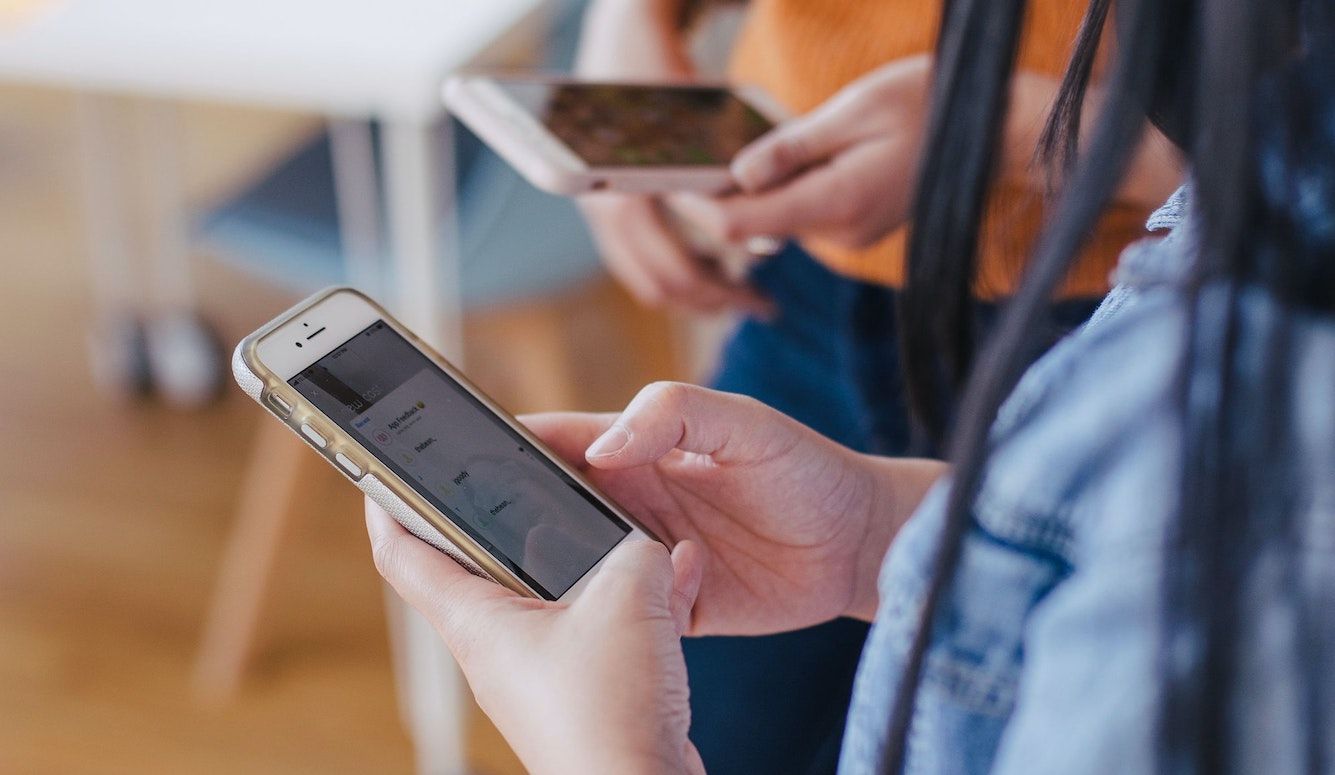Blog
Forget Elon Musk. Maybe the Problem with Twitter Is You
No technical fix can remove the stress that comes with putting your opinions out into the world. And if you can’t handle that stress, you need to log off.

These last few days have had me thinking a lot about a particularly sharp bit of second-season dialogue from that underrated NBC comedy, Superstore. The main characters are taking turns reading scathing Yelp reviews of their workplace (which is basically a fictionalized version of Walmart). “Yeah, 99 percent of the Internet is just people tearing other people down,” laments Jonah Simms (Ben Feldman), the show’s highly progressive and intellectually self-satisfied straight man. “It’s actually why I’m considering leaving social media.”
“Just do it, already,” responds the hilariously bitchy Mateo Liwanag (Nico Santos). “You don’t get points for talking about it.” (Their co-worker Cheyenne then adds, “My friend Corona sells her pee on the Internet”—which will strike you either as an outstanding bonus joke, or a grotesque non sequitur depending on whether you’ve seen the show or not.)
Since Elon Musk marched into Twitter headquarters last week, some version of this Jonah-Mateo exchange has played out on thousands of threads, often according to the same pattern. In Act One, some worthy personality will tweet earnestly about how awful it is to remain on a Musk-sullied online platform, while also suggesting, vaguely, that the associated psychic pain may lead this esteemed figure to delete his or her account altogether. In Act Two, followers beg their disconsolate alpha to remain on Twitter so that they may continue combining forces against the evil Muskovians. Then in Act Three, the pity party gets crashed by Mateo-esque smart-alecks, who unleash a fusillade of mean-girl memes into the replies. A popular one these days is: “This isn’t an airport. You don’t have to announce your departures.”





